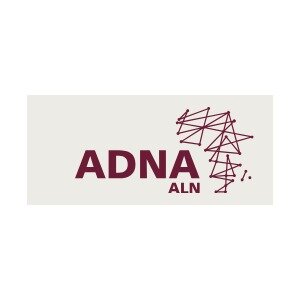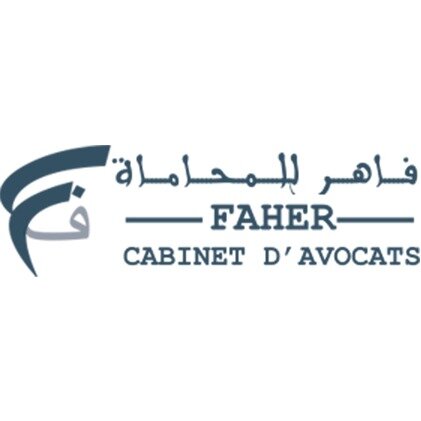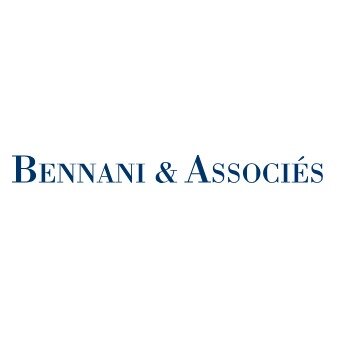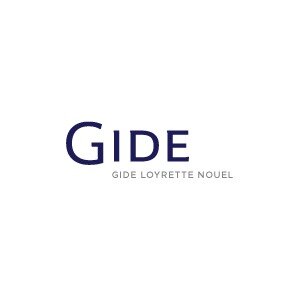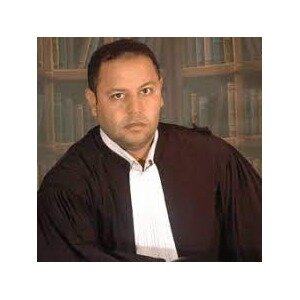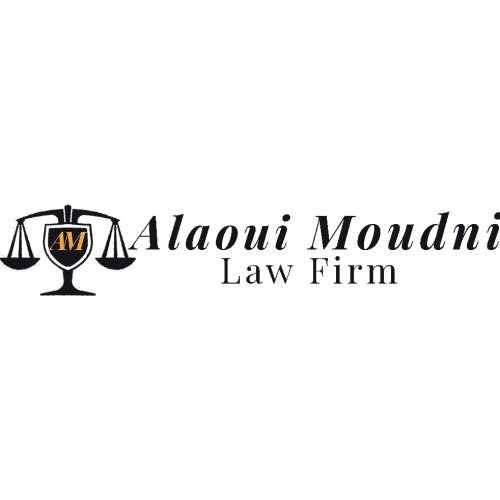Best Legal Document Lawyers in Casablanca
Share your needs with us, get contacted by law firms.
Free. Takes 2 min.
List of the best lawyers in Casablanca, Morocco
About Legal Document Law in Casablanca, Morocco
In Casablanca, Morocco, the legal system is based on Islamic law and French civil law. The laws around legal documents in Casablanca are grounded in these principles. They cover a wide array of topics, ranging from contract law, real estate, family law documents, and more. It is crucial to ensure that each legal document abides by the required legalities and format as their validity can influence numerous circumstances, such as business agreements and personal directives.
Why You May Need a Lawyer
Engaging the services of a lawyer experienced in legal document matters could be essential in various situations. These include drafting or reviewing contracts, setting up a business, buying or selling property, writing wills and trusts, divorcing, or adopting a child. A lawyer can provide advice and ensure that these complicated processes are handled correctly. Moreover, if documents are improperly drafted or fail to comply with legal requirements, individuals or businesses may face financial loss or other adverse outcomes. Thus, professional legal help can be crucial.
Local Laws Overview
Casablanca, being the economic hub of Morocco, houses many businesses requiring extensive legal documentation. The local laws stipulate that contracts for business, real estate, and family matters should be written, signed, and notarized to ensure their legality. The language used in legal documents is typically Arabic or French, but it's recommended to have official translations if the involved parties are foreign.
Frequently Asked Questions
1. Can I draft legal documents myself?
Yes, you can draft legal documents yourself, but this is not recommended for complex matters. Professional attorneys are trained to anticipate potential issues and misinterpretations in legal text, thus minimizing the risk of future disputes.
2. What language should legal documents be written in?
Legal documents in Morocco are typically written in Arabic or French. However, if you're a foreigner, you can require an official translation in your language.
3. Do all legal documents need notarization?
Not all, but some types of legal documents such as deeds, wills, power of attorney, and others must be notarized to be valid.
4. What can happen if my legal documents don't comply with the law?
If your legal documents don't comply with the local laws, they may not be valid or enforceable. This could result in financial loss, legal disputes, and other adverse consequences.
5. How do I find a good Lawyer for Legal Document in Casablanca?
Referrals, Professional directories, Online research, etc., can help narrow down law professionals with expertise in Legal Document law. Ensure to verify their credentials and reviews before securing a service.
Additional Resources
The Ministry of Justice of Morocco provides resources and information. Local universities such as Hassan II University Faculty of Law, and professional organizations like the Casablanca Bar Association can be useful sources of information or provide referrals.
Next Steps
If you need legal assistance with Legal Documents in Casablanca, the first step is to find a qualified lawyer. Discuss the specifics of your situation with them to receive personalized advice. Ensure to check their credentials, experience, and reviews to secure a best-fit service.
Lawzana helps you find the best lawyers and law firms in Casablanca through a curated and pre-screened list of qualified legal professionals. Our platform offers rankings and detailed profiles of attorneys and law firms, allowing you to compare based on practice areas, including Legal Document, experience, and client feedback.
Each profile includes a description of the firm's areas of practice, client reviews, team members and partners, year of establishment, spoken languages, office locations, contact information, social media presence, and any published articles or resources. Most firms on our platform speak English and are experienced in both local and international legal matters.
Get a quote from top-rated law firms in Casablanca, Morocco — quickly, securely, and without unnecessary hassle.
Disclaimer:
The information provided on this page is for general informational purposes only and does not constitute legal advice. While we strive to ensure the accuracy and relevance of the content, legal information may change over time, and interpretations of the law can vary. You should always consult with a qualified legal professional for advice specific to your situation.
We disclaim all liability for actions taken or not taken based on the content of this page. If you believe any information is incorrect or outdated, please contact us, and we will review and update it where appropriate.




